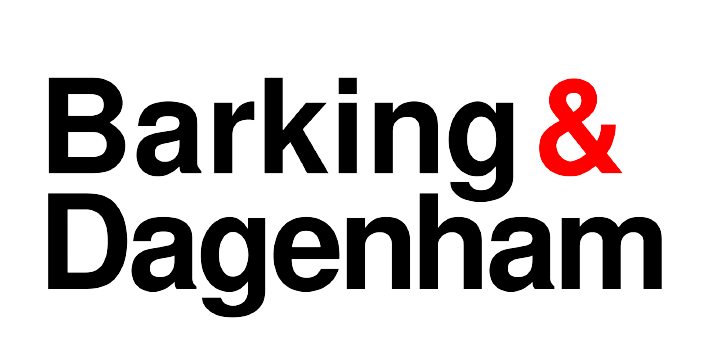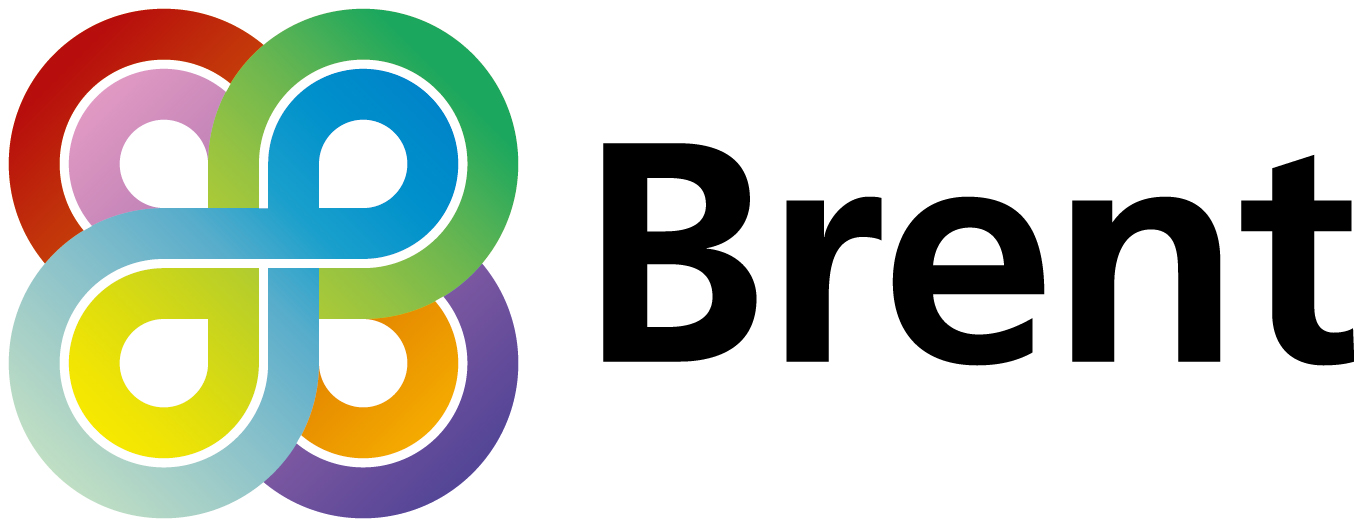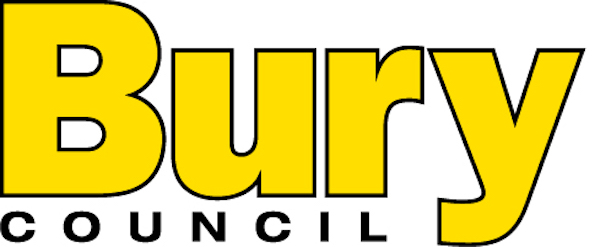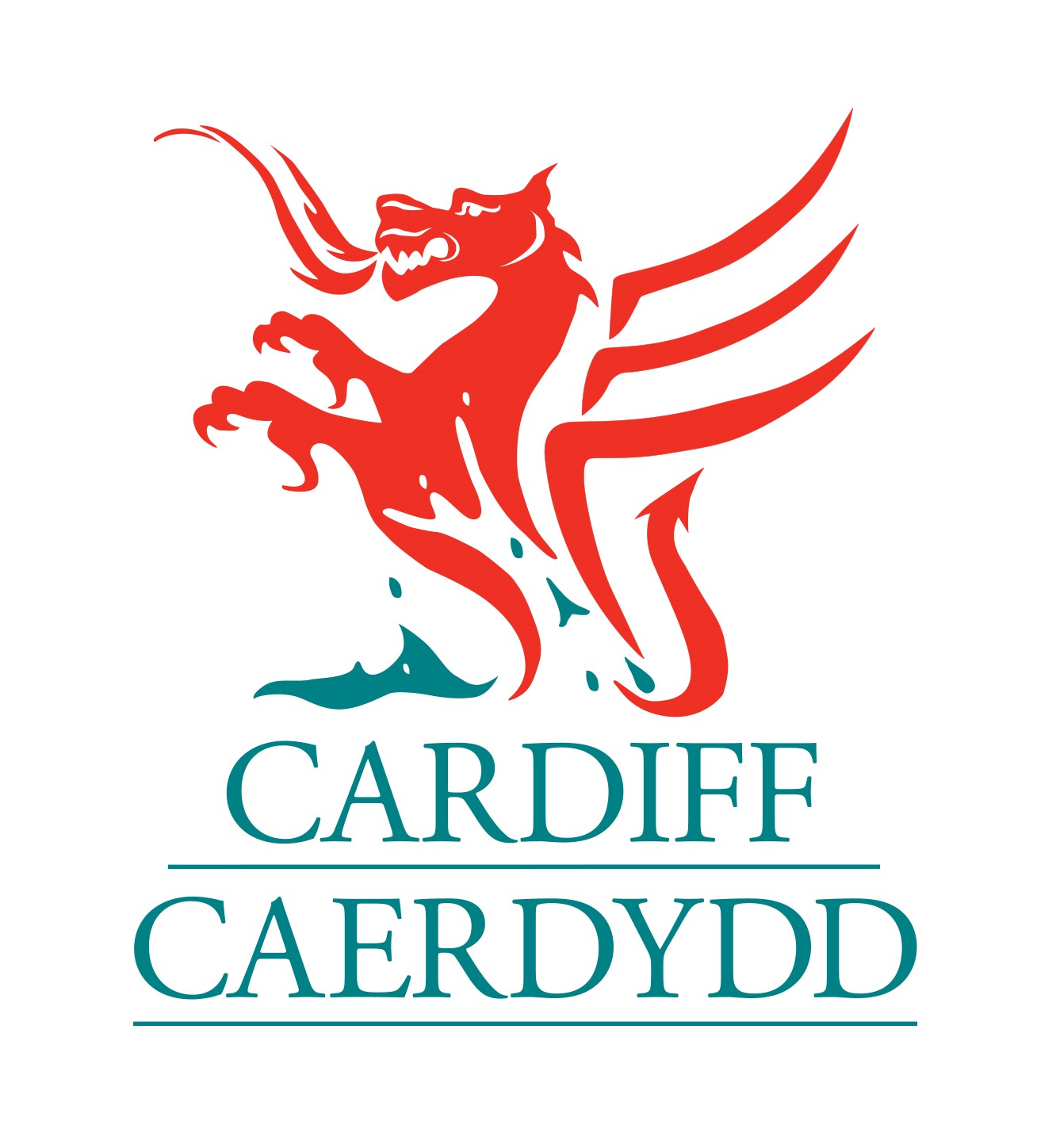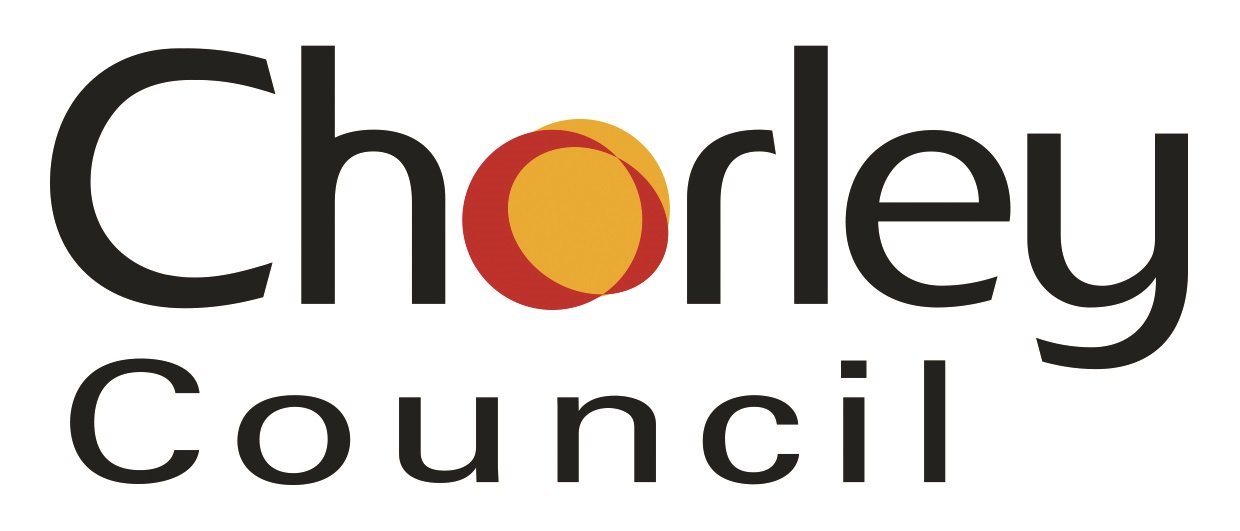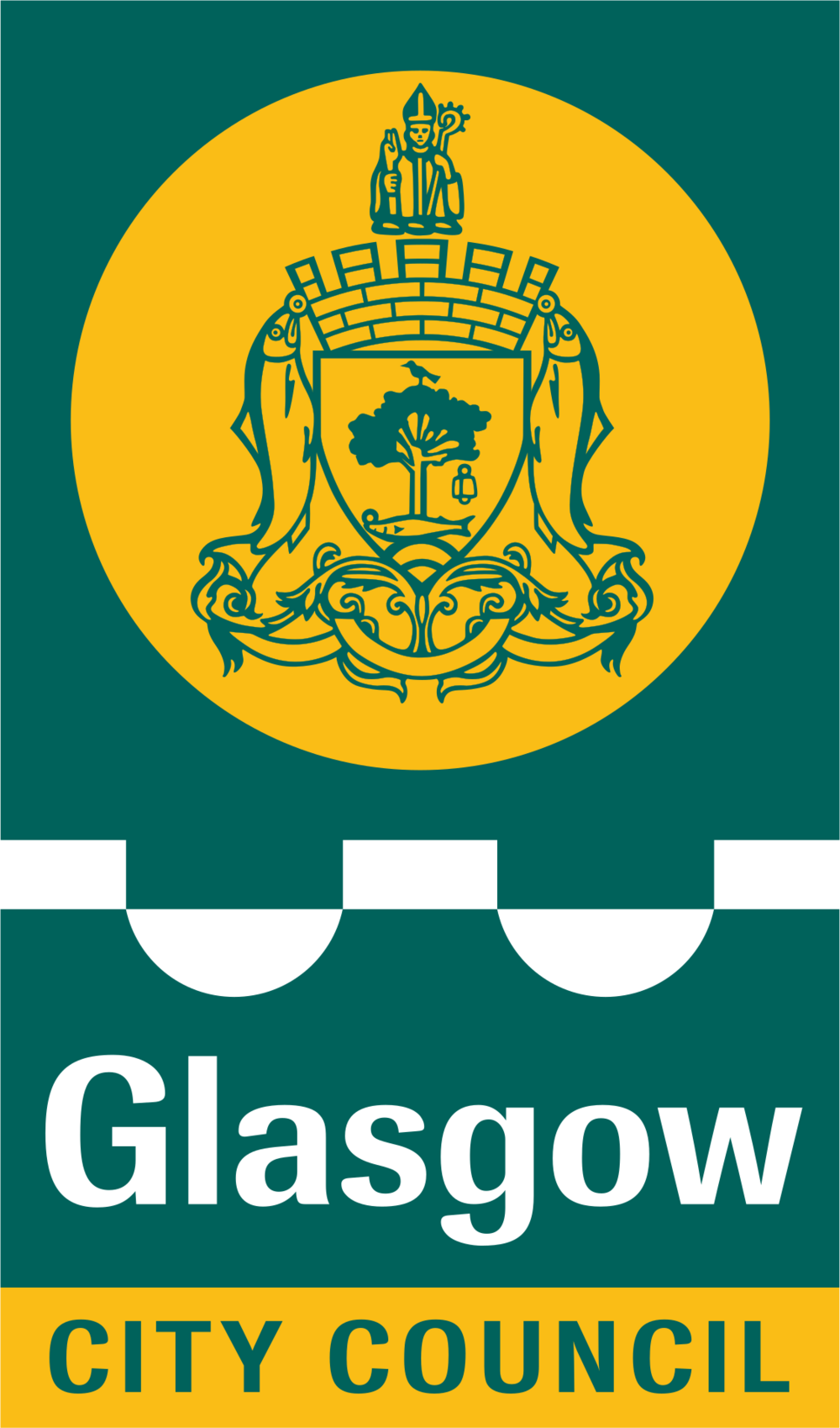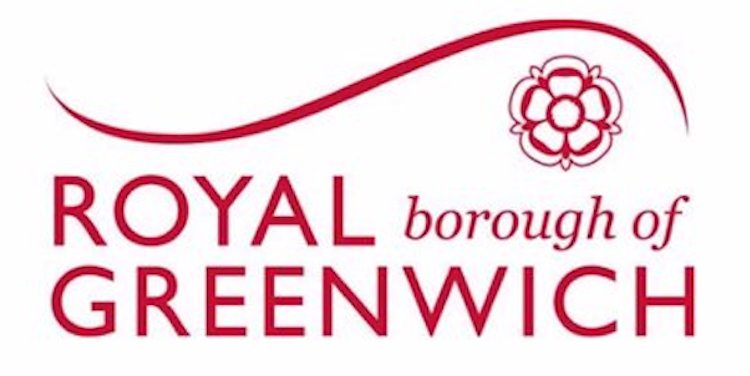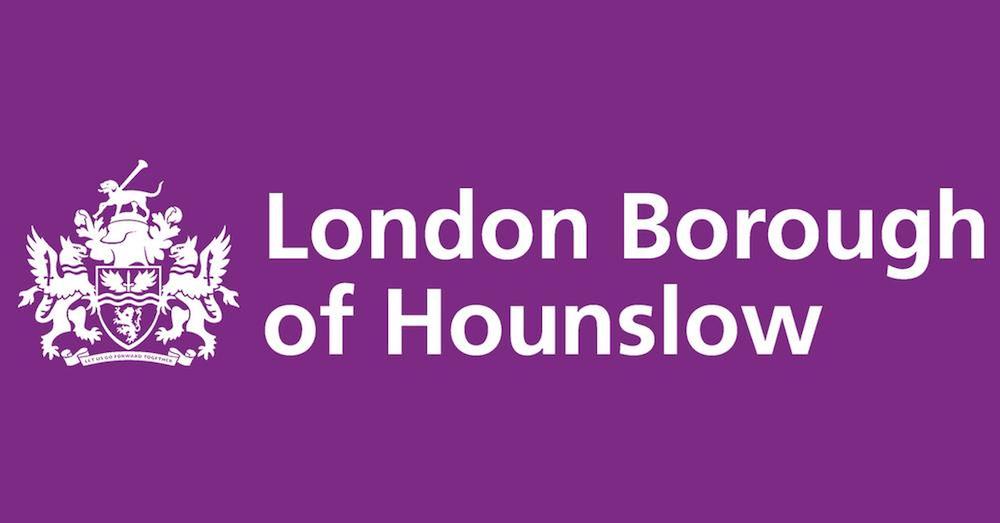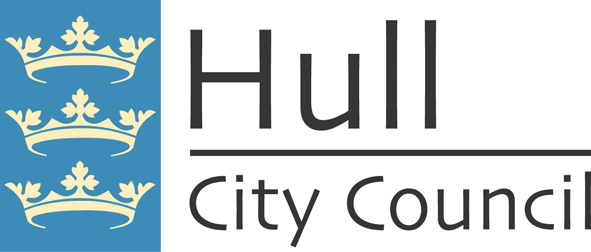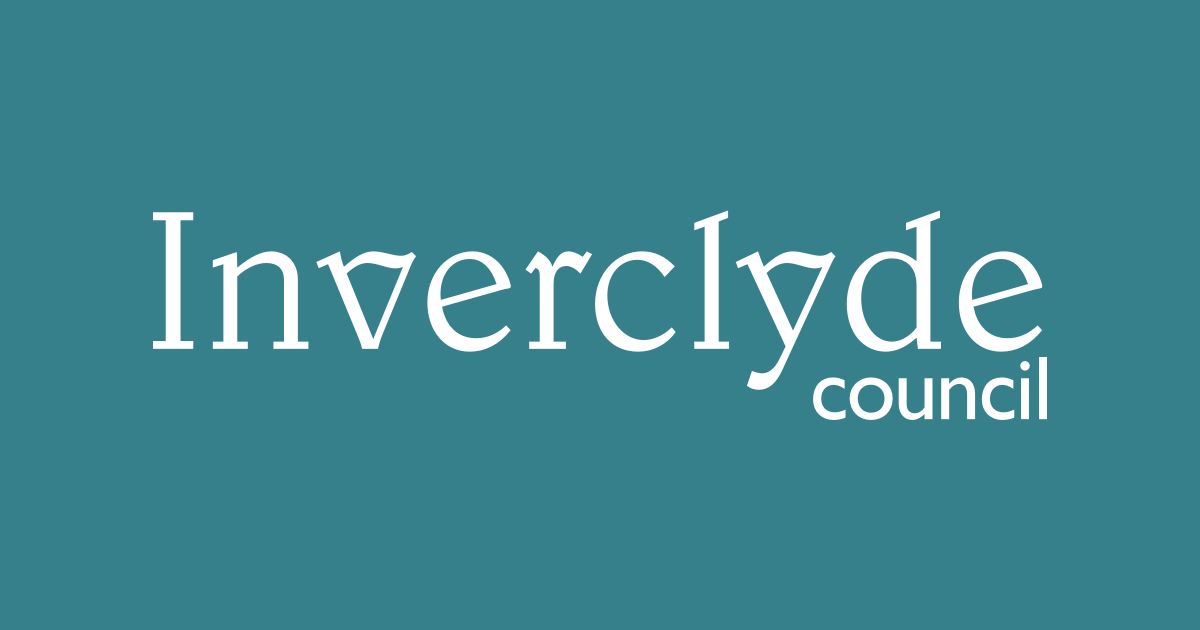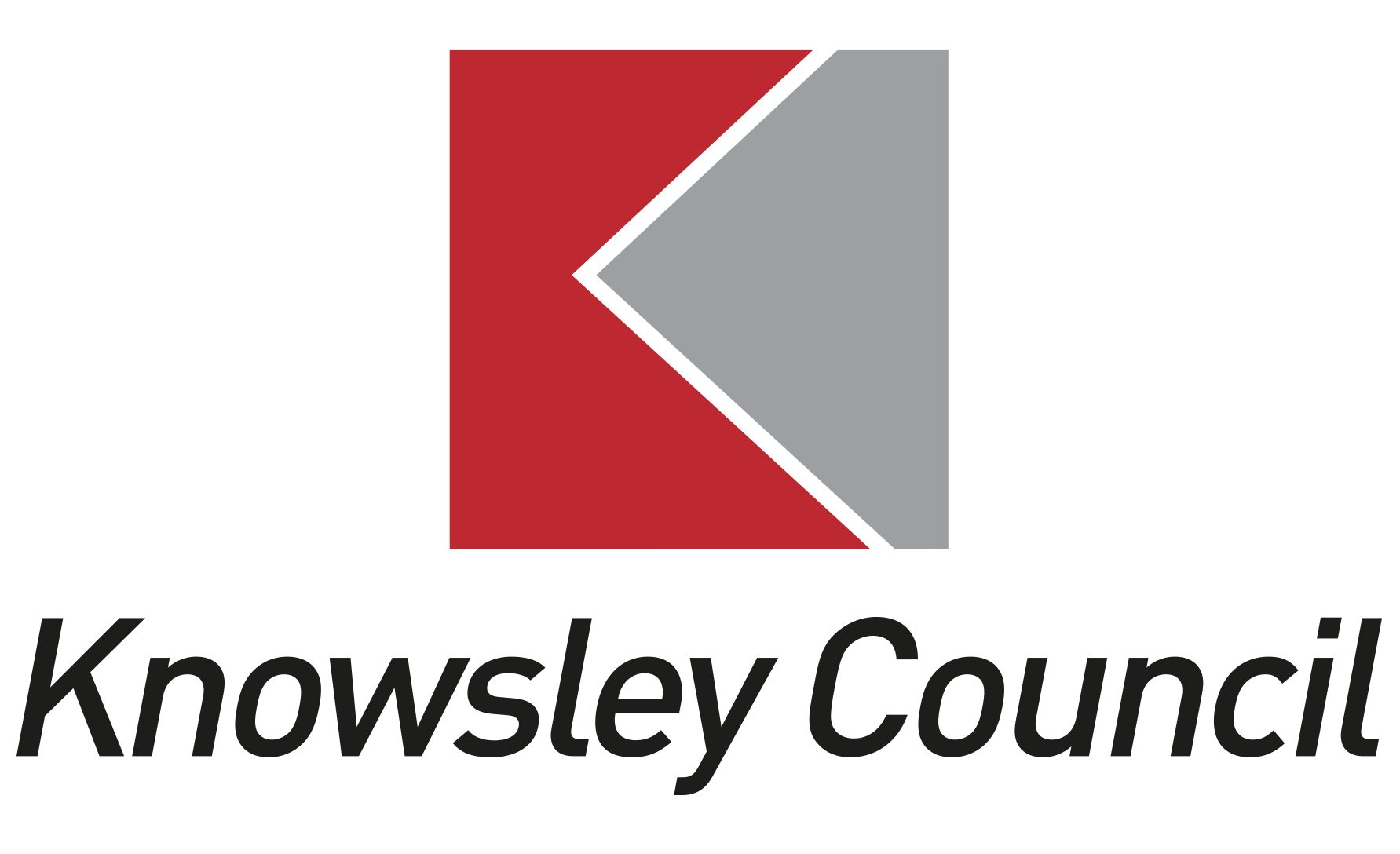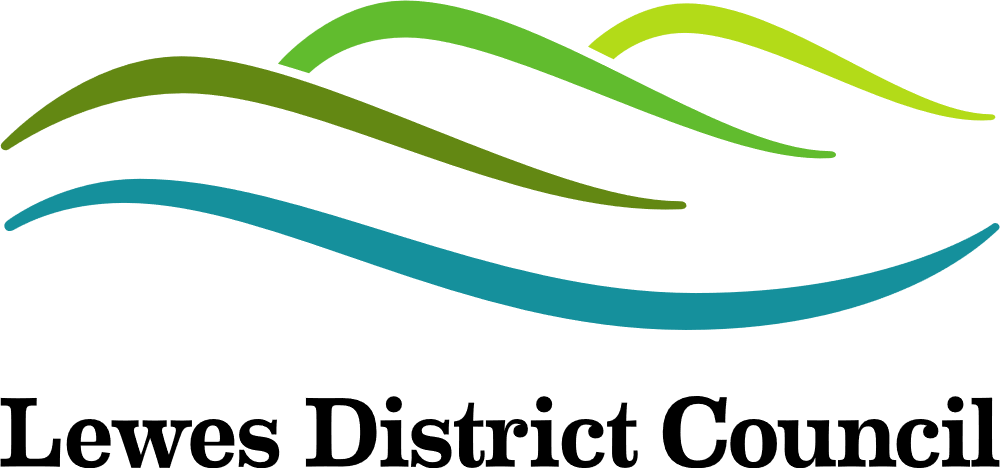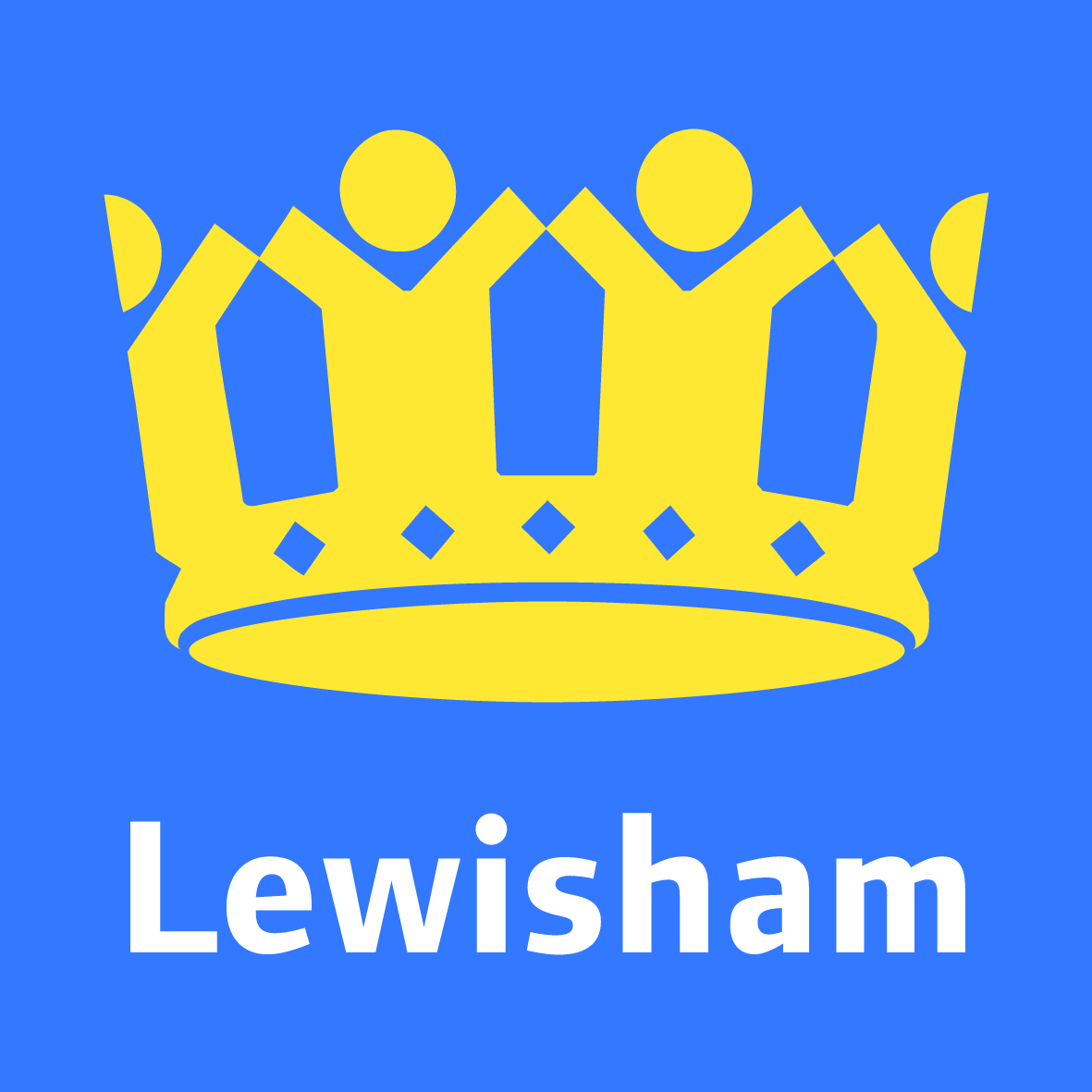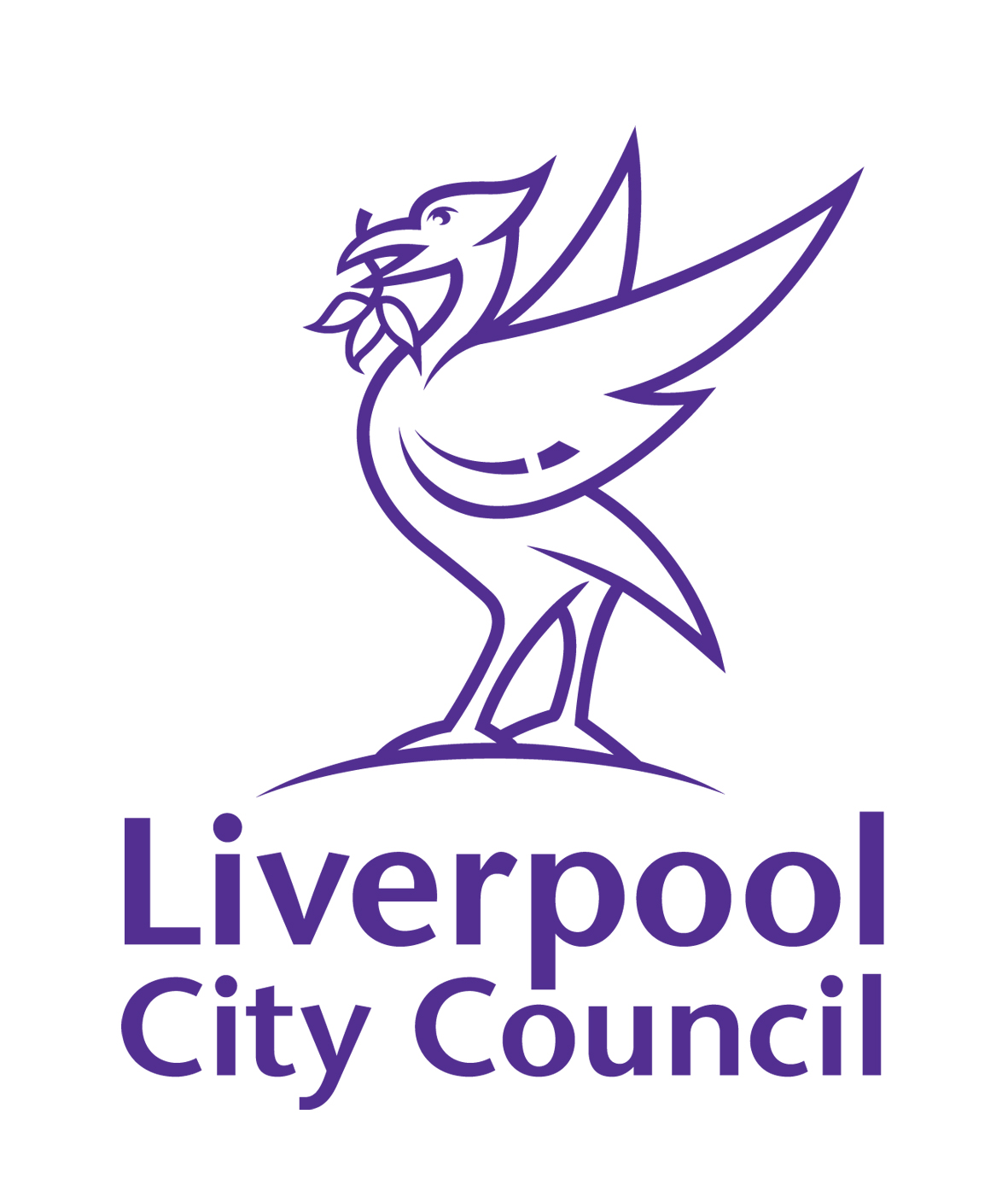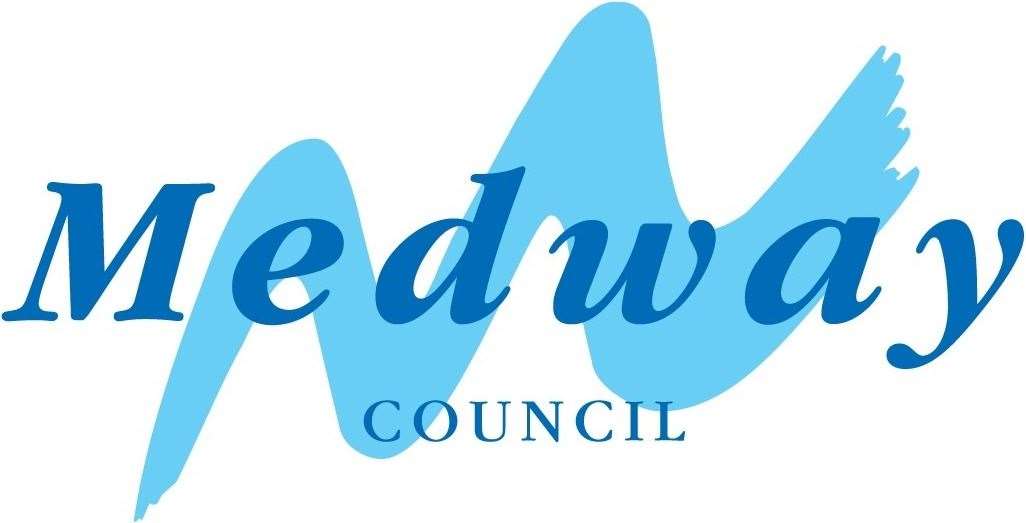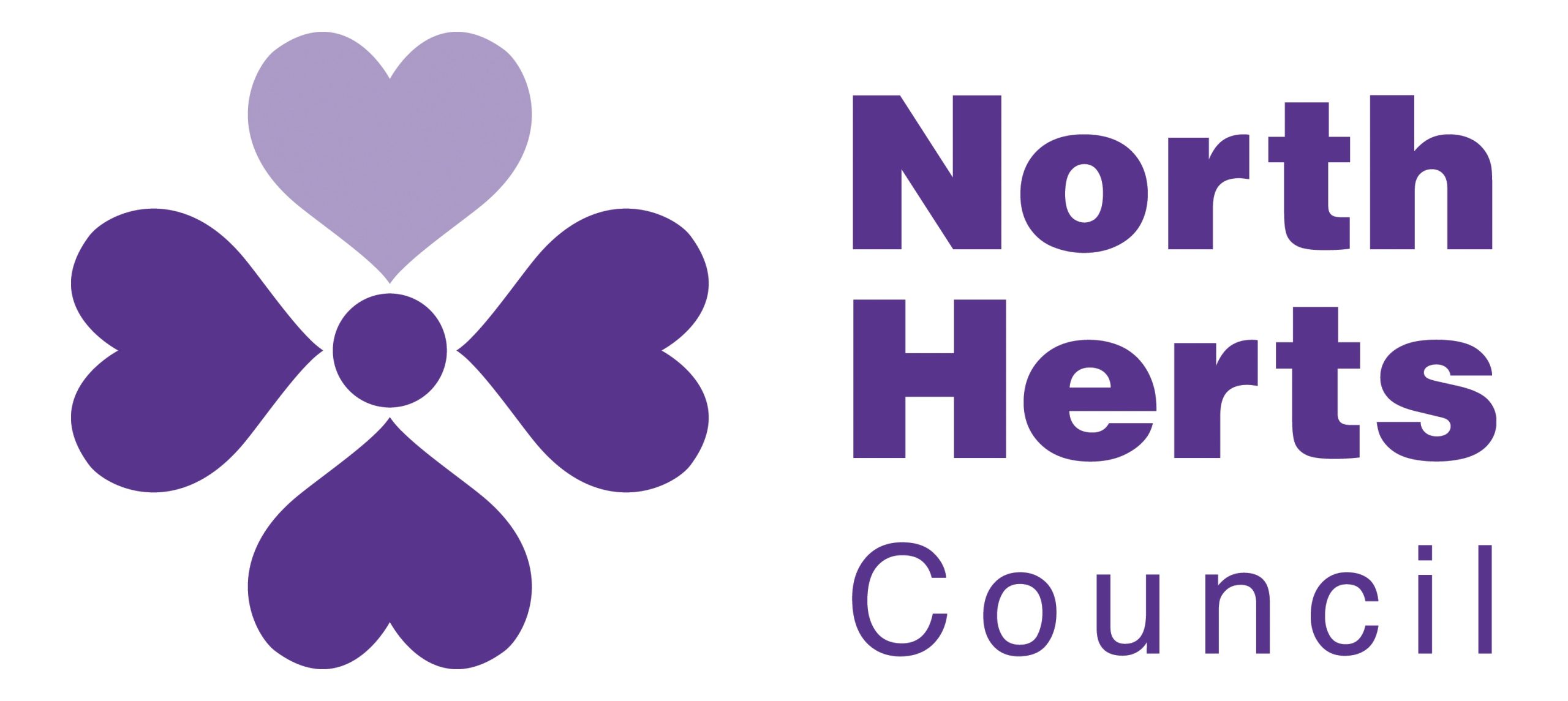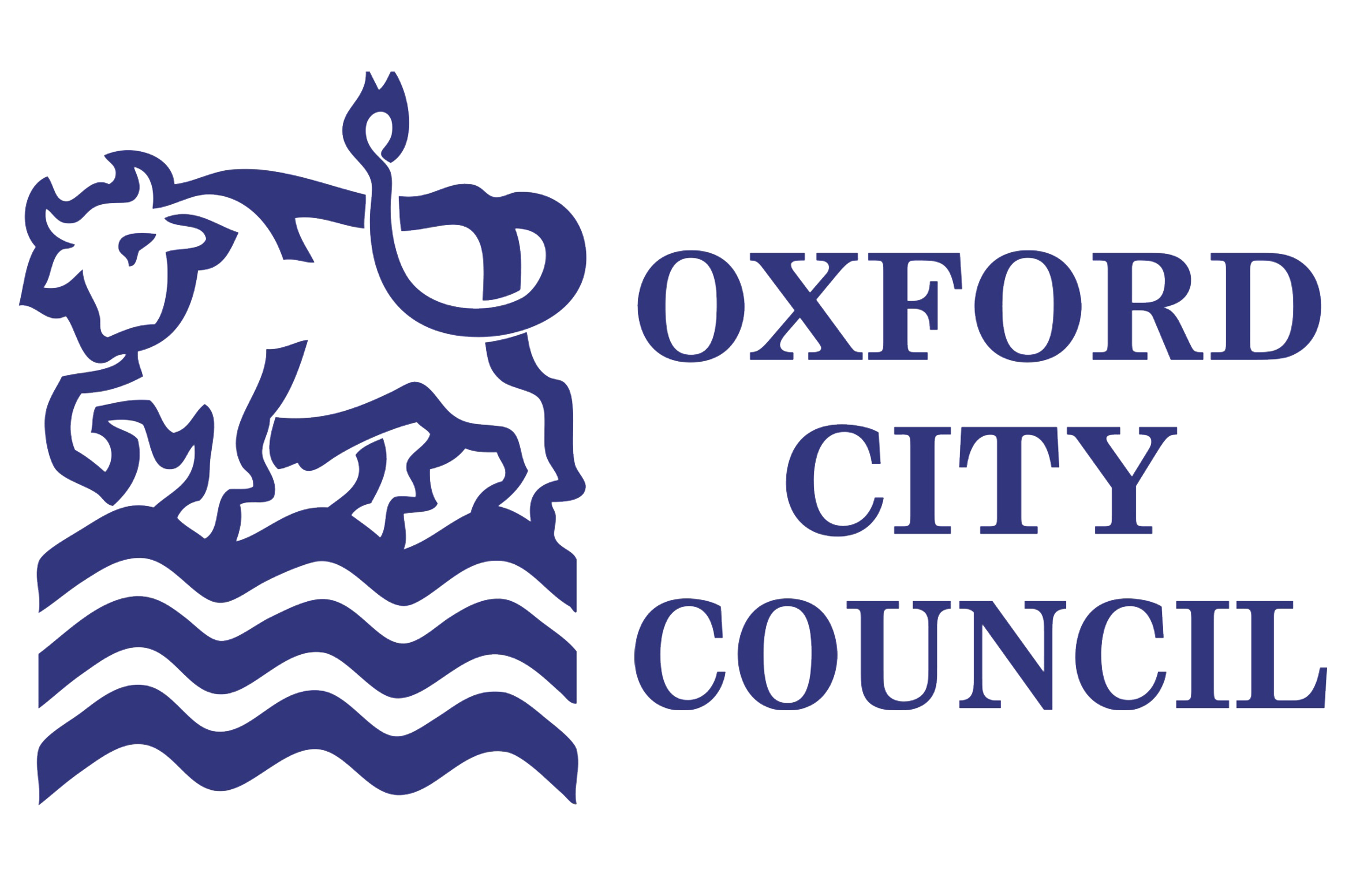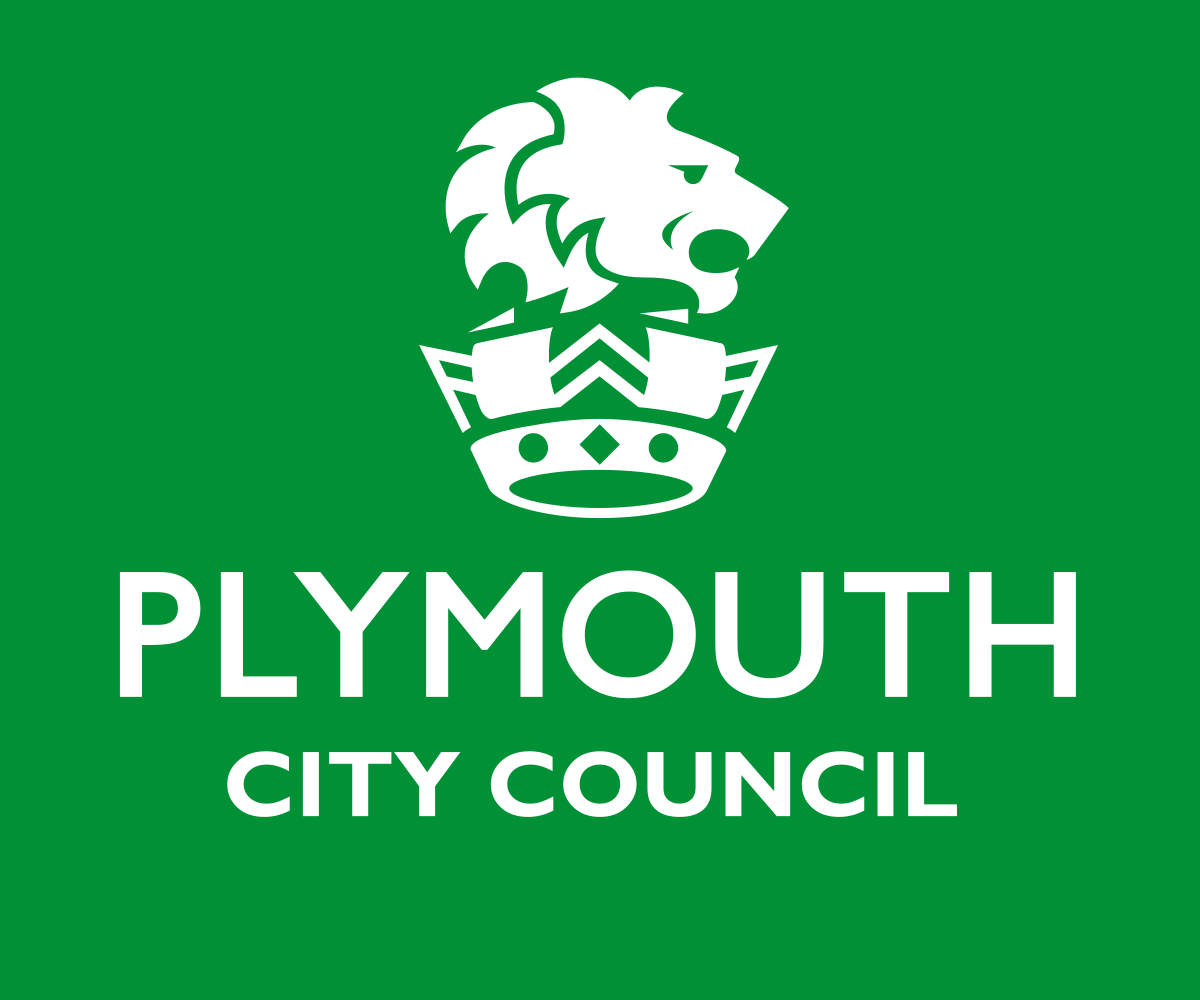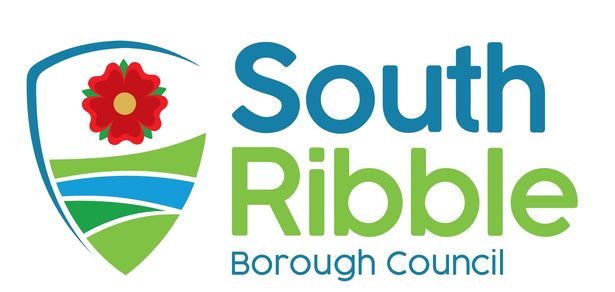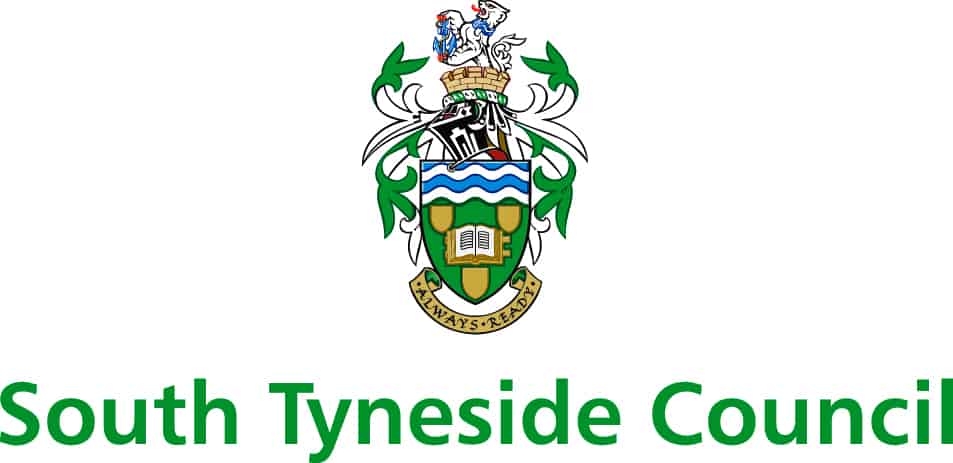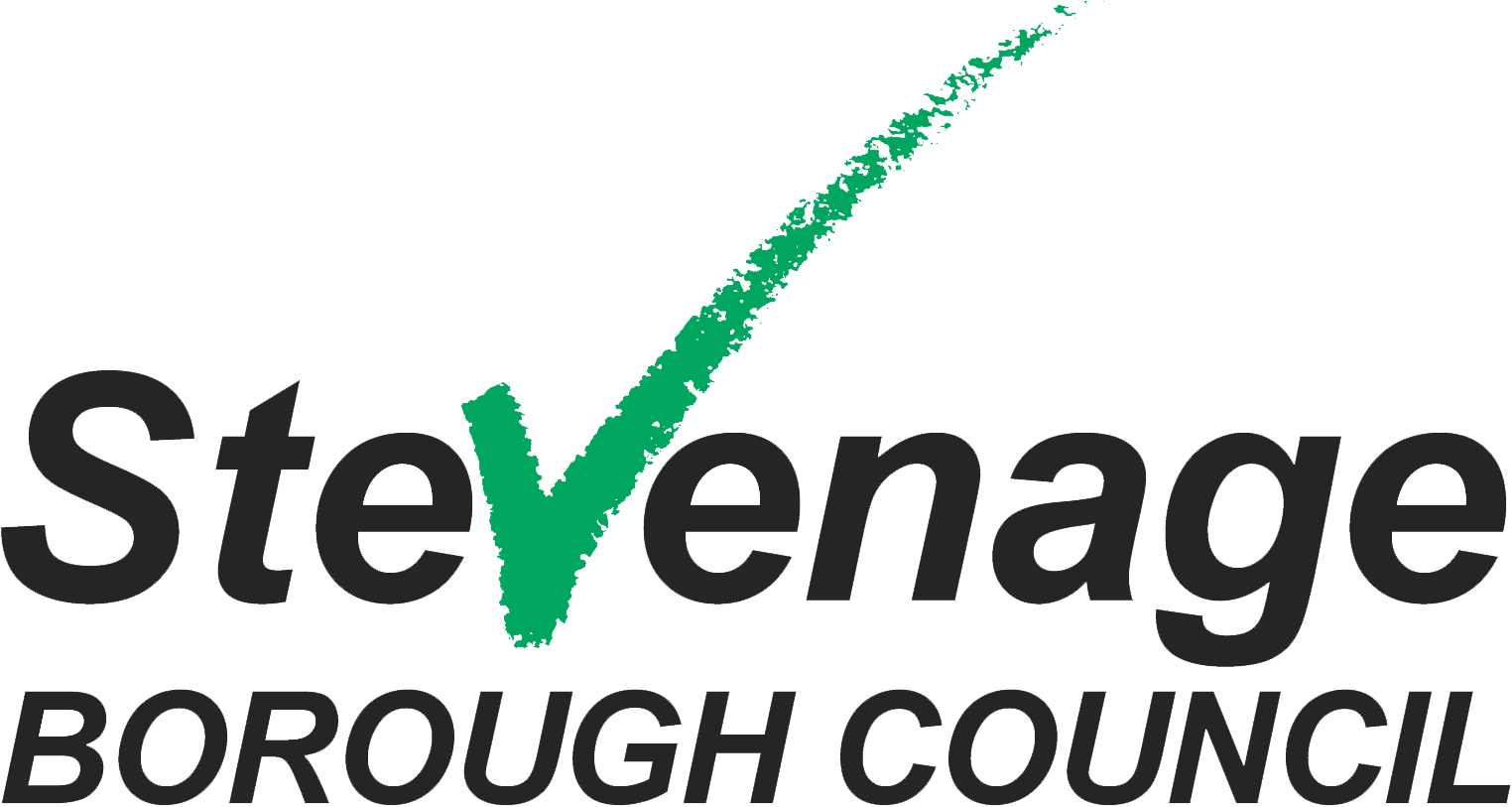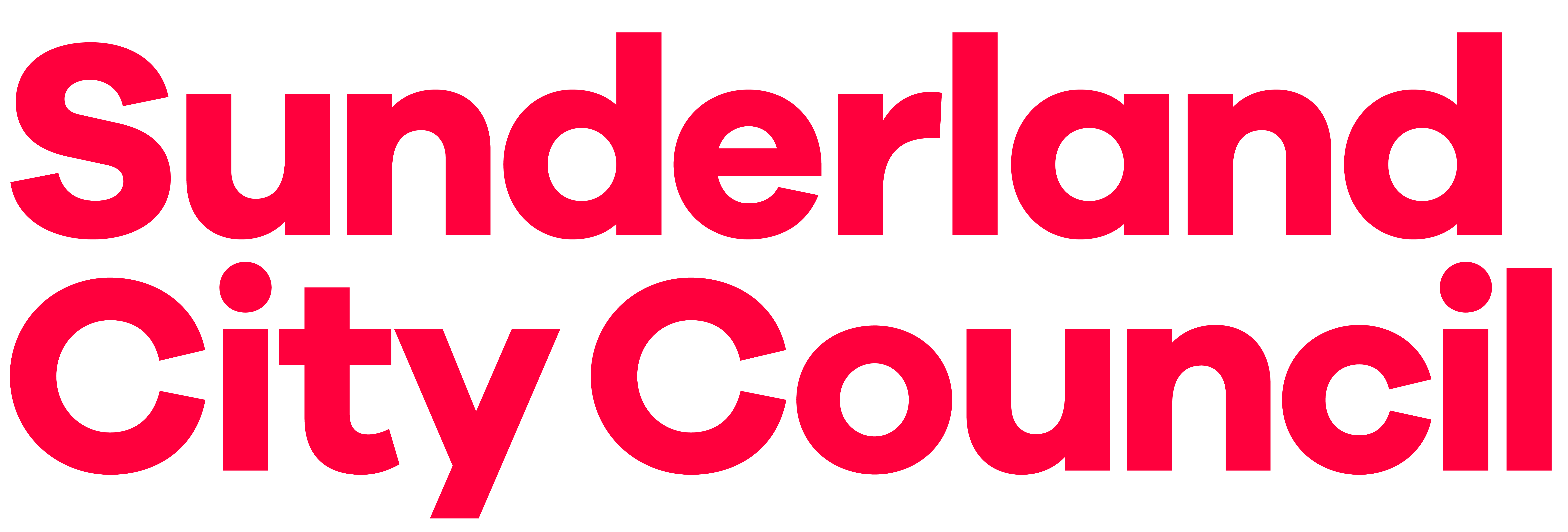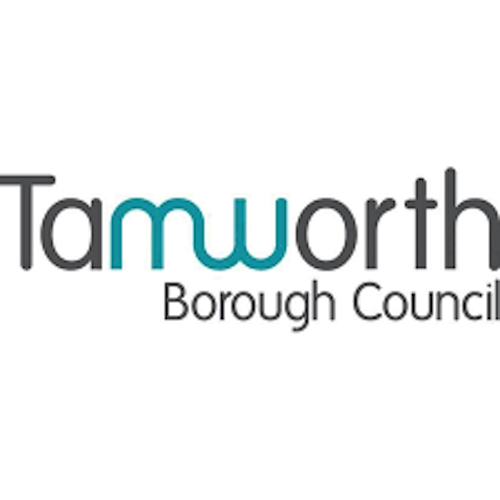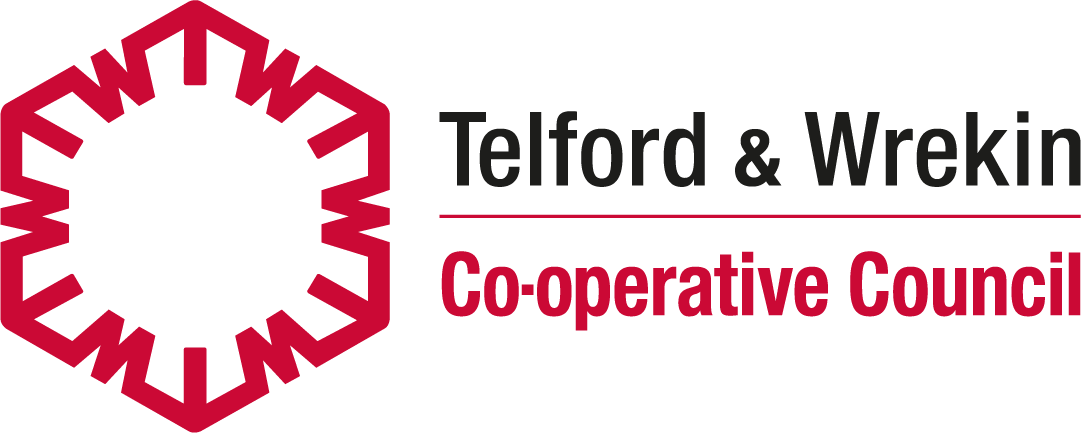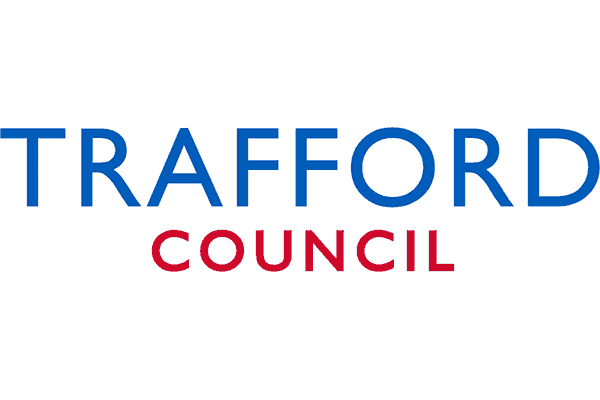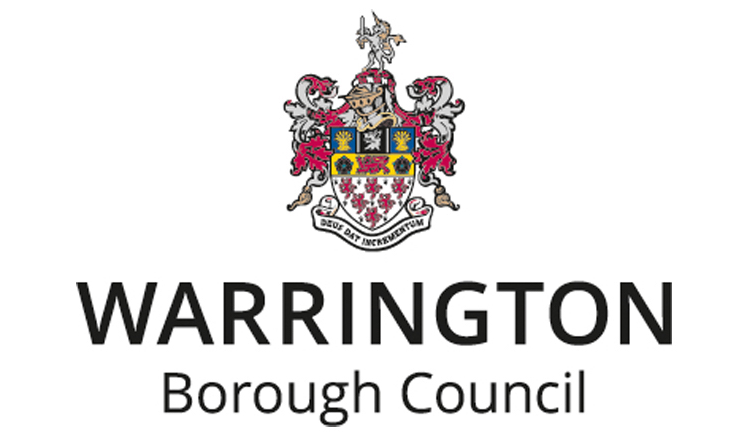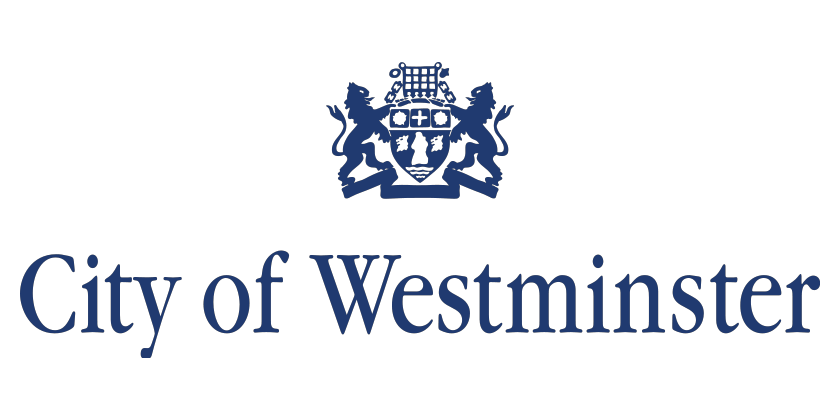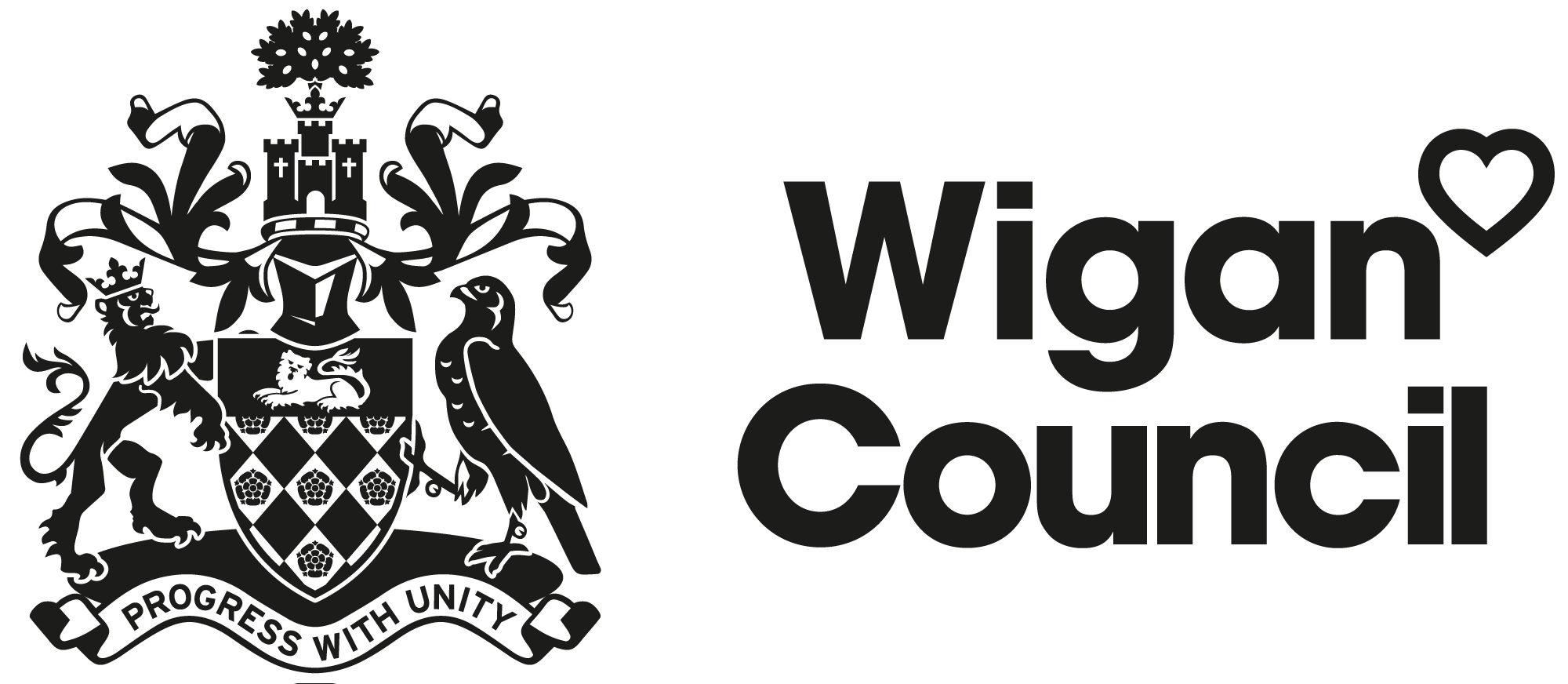Create a Dedicated Support Programme
While existing business support services will meet some needs of cooperatives in other areas they will have quite different needs and will find that additional or different support is required. These include advice around membership models, legal structures and raising finance. For this reason, you may see the need for a dedicated support programme.
It is likely that such a programme would include elements of what has been discussed under each of the headings of awareness raising, business support, and access to finance. A very broad programme may incorporate work to address issues within the policy environment or to promote direct commissioning and externalisation. However, it is important to understand the difference between a programme of work that is required and the extent of a programme that might fit within funding criteria. You may wish to consider a programme within a programme.
Another important consideration is what business models you wish to include within your programme. While there is value in bringing together consideration of different business models it is important not to spread the jam too thinly or to attempt to engage too many audiences simultaneously with limited resource. For this reason, Business for Good West Yorkshire (covering Kirklees) supports cooperatives and social enterprises. However, it avoids addressing employee ownership where the audience is primarily owners of existing businesses using traditional legal structures.
Similarly, if you have identified particular areas of need or specific opportunities you may wish to address these through the criteria applied to all or some elements of the programme or incorporate additional targeted elements. For example, you may wish particularly to target communities in areas of deprivation, female entrepreneurs, those from underrepresented ethnicities, or those with a disability.
At the time of writing, both Sunderland and Kirklees have dedicated programmes that have been funded through the UK Shared Prosperity Fund.
Business for Good West Yorkshire
Business for Good West Yorkshire (BfGWY) is a pilot programme supporting start up and growth of cooperatives and social enterprises. Funded through £500k of UK Shared Prosperity Fund monies it is an 18-month partnership-delivered programme delivered by Third Sector Leaders Kirklees (TSL). It aims to create 25 new businesses, provide non-financial support to 90 businesses and see a total of 26 jobs created or safeguarded. It is the result of a successful bid to the West Yorkshire Combined Authority’s (WYCA) open call for pilot proposals to support ‘alternative business models’.
When the open call was released, the Council were clear that the proposal should – if at all possible – address both cooperatives and social enterprises, but also that in line with Priority 2 of the Kirklees VCSE Investment Strategy “Invest in whoever is best placed to provide the service or support” that TSL should take the lead. The Council’s role was to support and enable the development of the development sessions with VCSE partners from across West Yorkshire and the School for Social Entrepreneurs while Kirklees Council liaised with the other West Yorkshire councils to understand their priorities and build support for a West Yorkshire-wide proposal. This approach was possible due to the existing relationship of trust between the organisations and key individuals involved. The resulting partnership led by TSL Kirklees, includes local specialist organisations Participate and Voluntary Action Leeds, See Ahead and Co-op Culture and two national organisations Co-operatives UK, School for Social Entrepreneurs, as well as CCIN affiliate member Stir to Action.
The programme consists of four strands:
- Free enterprise coaching and start up workshops for individuals or groups with a new idea;
- Free enterprise coaching and Growth & Resilience grants of up to £2,499 for existing alternative businesses;
- Support to grow or safeguard existing jobs through a Growth & Resilience Learning and Development programme delivered jointly by Co-operatives UK and the School for Social Entrepreneurs; and
- Free business options training for business advisors and other business support professionals.
Underspend in one area of the programme allowed the later incorporation of a series of study visits as detailed elsewhere in the toolkit.
Useful resources:
- Business for Good West Yorkshire case study including the programme structure, outcomes and targets.
Wear Together Initiative (Sunderland)
Wear Together, delivered by the North East Business & Innovation Centre provides social entrepreneurs in Sunderland with access to business support and grants assisting them with start, development, and growth of social businesses. The programme helps individuals to explore their social enterprise ideas through the development of business plans / Business Model Canvas and financial forecasting as well as exploring legal structures and funding opportunities. The programme supports established/post start social businesses to increase their sustainability, develop new products and services, create jobs, and grow their businesses and inevitably their social impact in Sunderland. To do this, social businesses are supported with a wide range of advice including business planning, financial forecasting, marketing planning, legal and governance reviews and investment readiness. Support will be offered 1:1, small groups or through workshop programmes.
Wear Together brings the sector together through the Connect for Good network and encourages peer to per support mentoring and ideas exchange helping to develop sector resilience and collaboration.
The project also offers small grants. This pot supports startups (under 12 months old) with grants of £1500 to help them to create jobs, take their products/services to market and grow their market presence. This pot also supports established social enterprises (aged 12 months plus) with funding up to £5000 to create jobs or develop a new product/service. The first round of grants will launch on the 6th February.
Useful resources:
Sunderland Community Led Local Development page including project summaries and programme evaluation executive summary.

